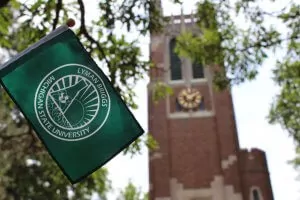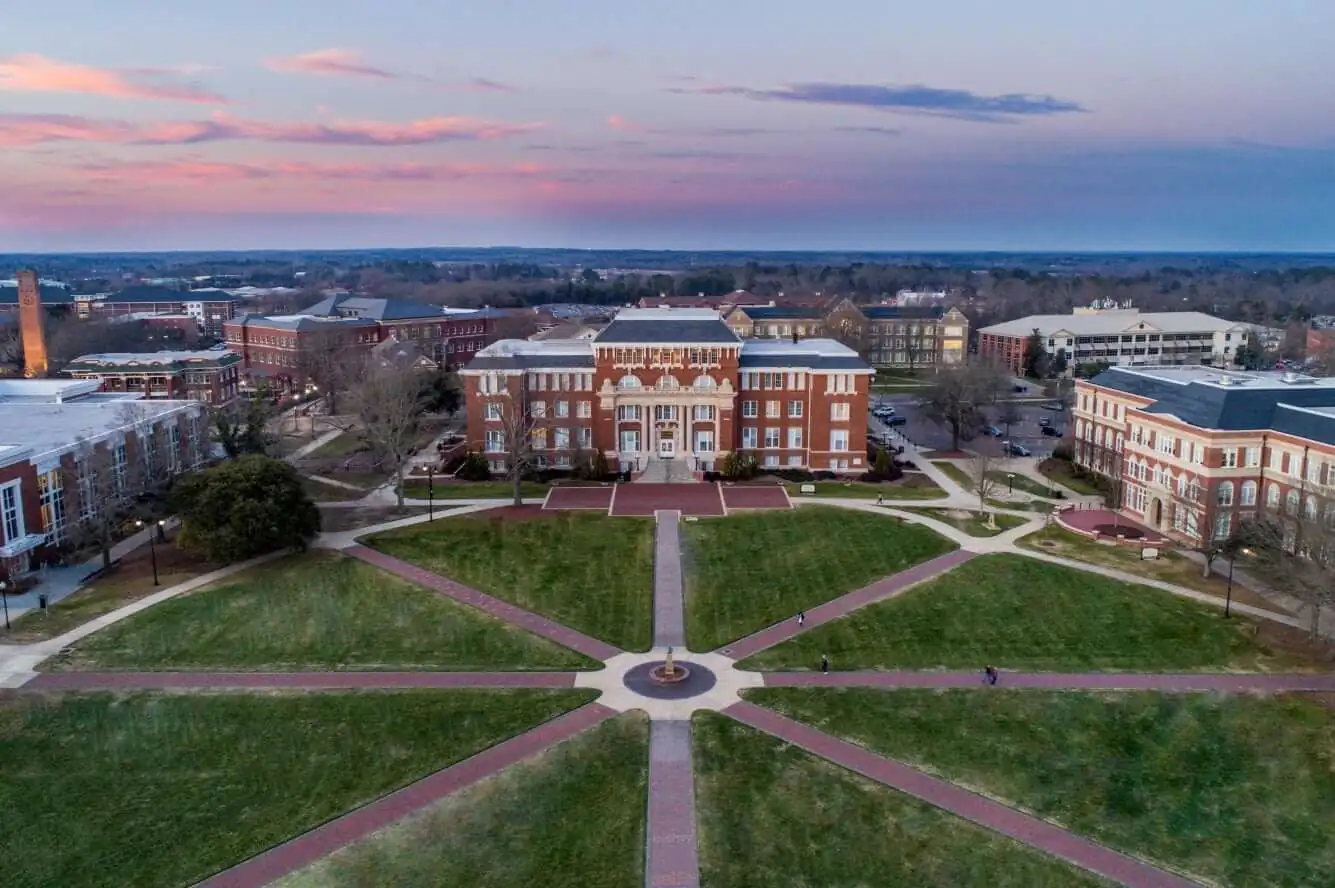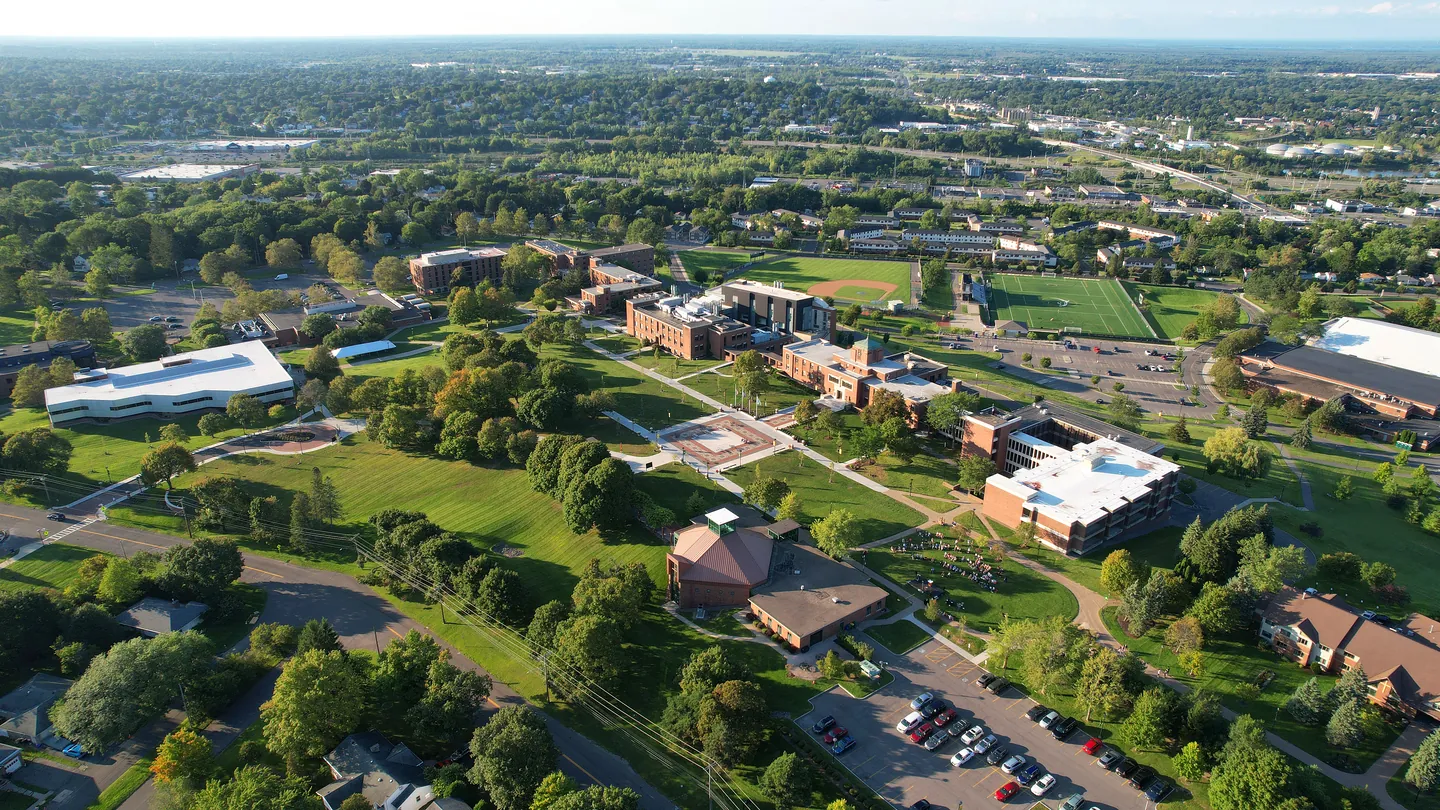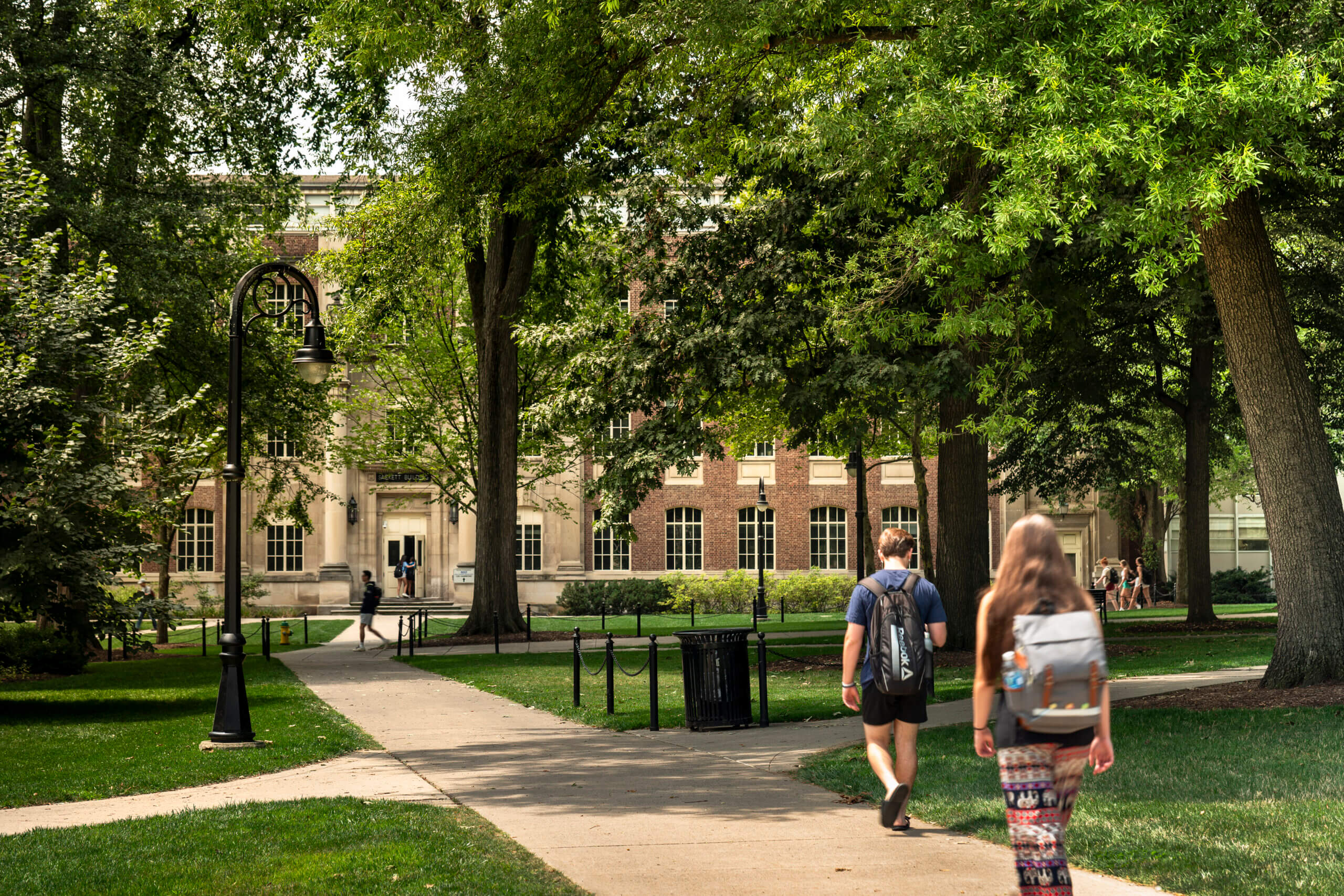Scaling Engagement Across the Student-to-Alumni Lifecycle: Creating Meaningful Connections and Driving Philanthropic Impact
Introduction
In the evolving landscape of higher education, fostering meaningful engagement across the entire student-to-alumni lifecycle is more than just a strategy—it’s a mission-critical approach to institutional success. Engagement, when thoughtfully scaled, drives retention, career readiness, alumni connection, and philanthropy. In a recent PeopleGrove webinar, Loyola University Chicago shared its transformative journey to creating an engagement ecosystem powered by the PeopleGrove platform, where mentorship serves as a cornerstone among broader initiatives.
The Journey to a Campus-Wide Engagement Ecosystem
For Loyola University Chicago, the shift from fragmented engagement efforts to an integrated solution began with a recognition of potential. Their platform, Loyola Linked, started as a mentoring initiative within the Quinlan School of Business but soon evolved into a campus-wide engagement hub. However, challenges surfaced: siloed ownership and inconsistent participation highlighted the need for a cohesive strategy.
Laurence Bolotin, Assistant VP for Constituent Engagement, explained the breakthrough moment: “This wasn’t just about mentorship or career services—it was about creating a connected campus culture that supports students and alumni throughout their journey.”
From Connection to Contribution: Engagement That Scales
At Loyola, engagement spans flash mentoring, formal mentoring programs, career support, and alumni networking. Each piece contributes to a broader vision of lifelong connection and development.
- For Students: Engagement starts with fostering connections early. Through flash mentoring and career exploration programs, students find guidance tailored to their needs, whether it’s a quick conversation or a structured relationship.
- For Alumni: Loyola Linked provides multiple pathways for alumni to stay involved—from offering advice to providing internships or jobs. For many, this was their first re-engagement with Loyola, leading to deeper ties and even philanthropic support.
- For the Institution: Engagement initiatives unify departments under a shared mission, using PeopleGrow’s platform to streamline administration and measure impact.
The Power of Cross-Campus Collaboration
Building an engagement ecosystem required buy-in from every corner of campus. Bolotin emphasized, “This is not a siloed effort; it’s a shared responsibility.” A key to success was Loyola’s Community of Practice, a group of representatives from departments such as student development, athletics, enrollment management, and career services. Together, they shaped a cohesive strategy, ensuring that engagement efforts were inclusive, scalable, and impactful.
Engagement Metrics That Matter
To maintain momentum and demonstrate impact, Loyola developed a robust set of metrics that extended beyond participation numbers:
- Retention and Graduation Rates: Tracking how engaged students persist and succeed.
- Career Outcomes: Measuring mentorship’s influence on job placements and internships.
- Alumni Engagement: Identifying new alumni connections and deepening existing relationships.
- Philanthropy: Highlighting how engaged alumni contribute both time and resources.
These metrics, paired with storytelling, are showcased in an Annual Impact Report, which not only shares successes but reinforces the value of engagement to stakeholders across campus.
Lessons for Building Engagement Across the Lifecycle
Loyola’s success provides a roadmap for institutions aiming to foster meaningful, lifelong connections:
- Engage Early and Often: Start engagement efforts during a student’s first year, incorporating platforms like PeopleGrow into orientation and classroom activities.
- Leverage Diverse Opportunities: Combine flash mentoring, formal programs, and networking to offer multiple pathways for students and alumni to connect.
- Unify Stakeholders: Build cross-campus coalitions to ensure engagement is a shared responsibility.
- Track and Share Impact: Use data to highlight the real-world results of engagement initiatives, from career readiness to donor support.
- Adapt to Your Community: Design programs that reflect the diverse needs of students and alumni, ensuring inclusivity and accessibility.
Conclusion
Engagement across the student-to-alumni lifecycle isn’t just about programs or technology—it’s about fostering a culture of connection and contribution. Loyola University Chicago’s approach demonstrates how institutions can weave engagement into their DNA, empowering students and alumni while advancing institutional goals.
Explore More
Discover how PeopleGrove can help your institution create an engagement ecosystem that drives meaningful outcomes across the student-to-alumni lifecycle. Contact us today for a personalized consultation.






